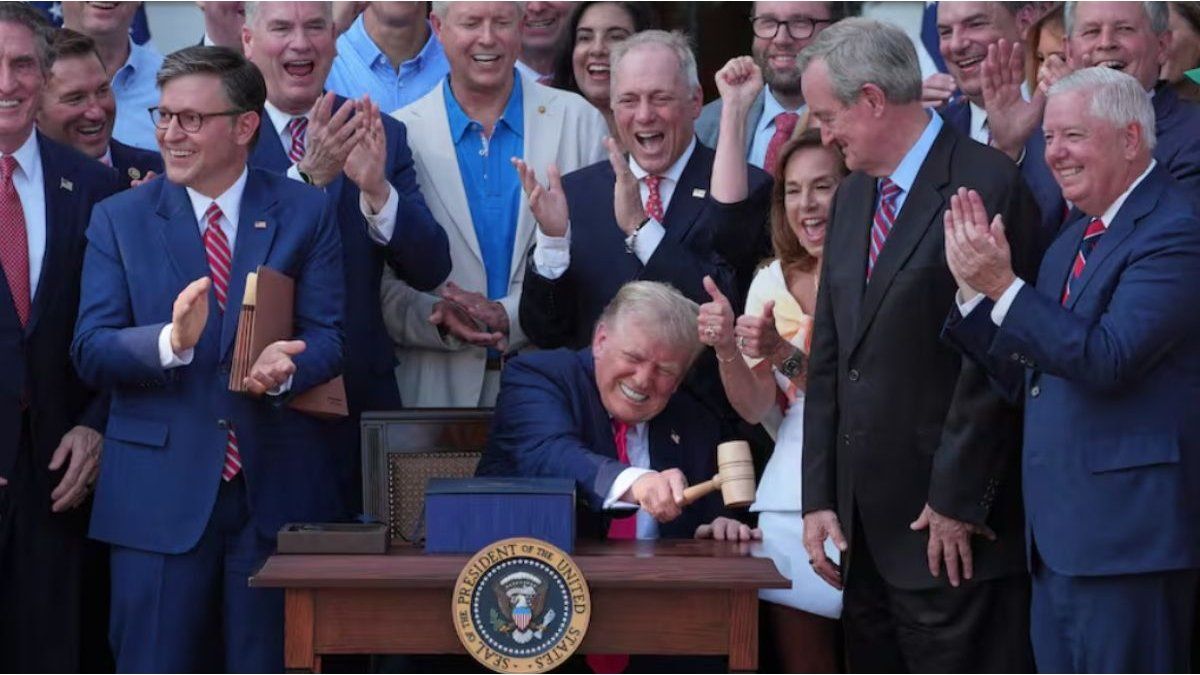Through Decree 780/2024, published this Monday in the Official Gazettethe Executive Branch regulated article 1 of Law No. 27,275 in what they mentioned as “good faith.” In this way, it was emphasized: “The Violation of the principle of good faith by all actors intervening parties constitutes the assumption provided for in article 10 of the Civil and Commercial Code of the Nation.”
To implement the changes, the Libertarian administration also modified the concept and scope of what is known as “public information,” stating: “Information containing private data generated, obtained, transformed, controlled or held by private individuals or legal entities or due to the absence of a committed public interest, outside the management of the obligated subjects listed in Article 7 of Law No. 27,275 and its amendment, shall not be considered public information.”
Questioning the DNU that restricts access to information
In his explanation, the constitutional lawyer raises seven key points of the Government’s Decree of Necessity and Urgency (DNU) on access to public information:
- Redefines the concept of “Public information” and provides that information about the private lives of public officials is not public.
- It can only be required documentation generated within the framework of state activity.
- Included are exceptions to the obligation of officials to provide information.
- The figure of the “abuse of rights” for those who exercise the right to request information, when it is presumed that there may be bad faith in the request.
- You can ask him name, surname, ID and email to the applicant.
- You can make a ranking of usual applicants.
- It is promoted that, in the event of a request for information that a government area has already posted on the web, the required official can fulfill the request for informationleading to that already provided on that website.
In his statements, the lawyer, starting from the most questionable points of the regulations, He calls the measure an “unconstitutional” action and raises objections to the lack of “accountability” determined by the DNU.
“The decree is more restrictive than the law it regulates, and therefore it could be considered that, This regulation alters the regulated law, making it unconstitutional.“because, according to the National Constitution, regulatory decrees cannot alter the laws they regulate,” he notes.
Deputies warn of changes to the Law on Access to Public Information and ask the Government for explanations
The block Federal Meeting of the Chamber of Deputies expressed his Concern over changes to the Access to Public Information Act implemented by the Government of Javier Milei by decree 780/24 and submitted a request for information to the Executive Branch to explain the scope of the restrictions imposed.
He The Government made progress today in modifying the regulations of the Law on Access to Public Informationthrough the redefinition of terminology and limiting access to private information.
Through a draft resolution, and at the request of an initiative of Margarita Stolbizer, the bench that he presides over Miguel Pichetto express “worry” in the face of a fact that considers that ““distorts the spirit of Law 27,275 on Access to Public Information.”
Source: Ambito




